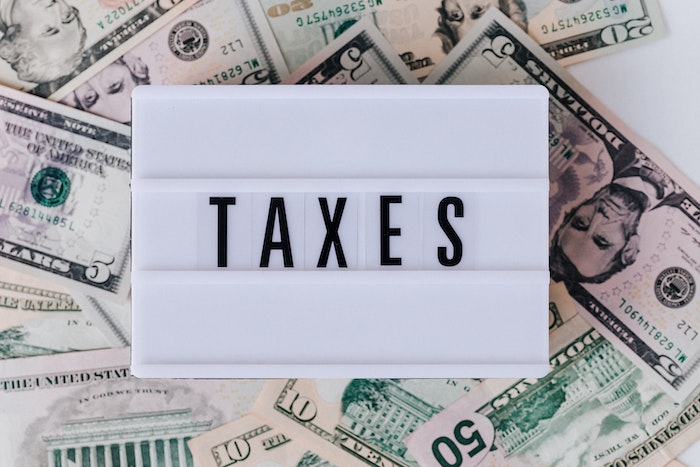Sales taxes can be daunting and confusing, especially regarding staying up to date with the latest rulings. Like most business owners dealing with sales tax rules and regulations, you may need a refresher course on what’s changed in your state or municipality over the past few years. We’ve compiled an overview of fundamental changes so you can make sure your business is compliant with all new laws related to collecting sales taxes. Keep reading for information about the updated—and upcoming—regulations for 2023.
Updated sales tax laws
As inflation and pandemic-related issues continue to challenge states, many are turning to sales tax as a significant source of revenue. To ensure they maximize their potential returns, they are modernizing tax codes. This includes changes to the taxation of digital goods and services, which were previously not subject to sales tax because the laws were written before these products existed.
In some areas, services are taxable if a physical product is exchanged; in others, like Louisiana, they are almost always exempt with few exceptions. As states look to update their tax codes to adjust to modern times, we can expect changes in how digital goods and services are taxed.
Tax changes in the non-luxury essential space
The non-luxury necessities category, which includes items like groceries, prescriptions, and feminine hygiene products, is exempt from sales tax in almost all US states. Despite this, a few states still charge tax on menstrual products and grocery items.
In the last year, Louisiana and Michigan have eliminated sales tax on feminine hygiene products. More states are expected to follow suit in 2023. Colorado and Iowa will eliminate the tampon tax as of January 1, 2023. Alabama, Kansas, and Oklahoma have also introduced measures to decrease or remove the sales tax on grocery items. This trend is likely to continue through the coming year.
Streamlined sales tax reporting
If your business sells items online, you may be familiar with some states’ complex sales tax filing requirements. For example, some home rule states like Alabama and Colorado allow individual cities to set their own tax rules and require businesses to register separately for each area. This process can be very time consuming and challenging to keep up with.
In response to these complex filing requirements, sellers have taken action in the form of lawsuits. In 2022, sellers in Colorado and Louisiana filed lawsuits to challenge the intricate sales tax obligations as a barrier to interstate commerce. The results of these cases are yet to be determined. Yet, many businesses hope they will inspire states to create more streamlined processes for businesses of all sizes to meet their tax obligations.
Bottom line
In certain states, the 2023 landscape for sales taxes depends on the outcome of lawsuits. There are also ongoing changes to how digital goods and services are taxed and exemptions to certain essential items. It’s crucial to stay updated with the latest regulations so that your business remains compliant and can continue to offer customers the best possible experience. With some research, you can ensure that your business complies with all applicable rules and regulations come 2023.
If you’re looking for an ERP software solution to help manage your business in the ever-changing sales tax landscape, we can show you how Acumatica can help. This cloud-based ERP can simplify the process of filing taxes and stay up to date with changing regulations. Contact us to learn more about how we can make managing taxes easier for your business.

